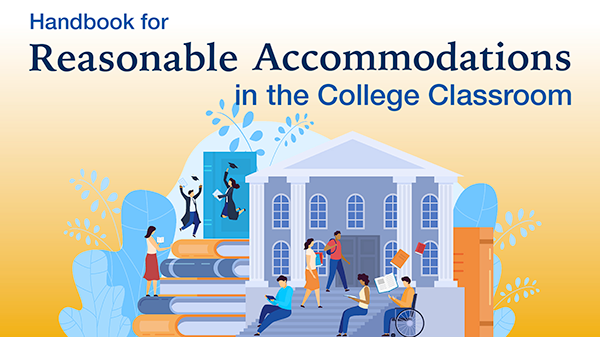School Transitions

The Individuals with Disabilities Education Act (IDEA) says that transition planning should focus on what students want to achieve after high school. This includes things like instruction, future goals, job evaluation, and daily living skills. The transition plan should be tailored to each student's needs and goals.
A smooth transition can improve the future for students with disabilities after high school. Transition meetings, self-advocacy, and preparation can help students make the most of their education and available resources.
Under the Individuals with Disabilities Education Act (IDEA) of 1997, students need to start talking about their transition needs by the age of 14.
Know Your Rights
A crucial part of transitioning is understanding student rights and the laws related to students with disabilities. Knowing these laws helps students protect their interests during high school and beyond. High school students and their families should be aware of the Individuals with Disabilities Education Act (IDEA), while post-secondary students should research the Higher Education Opportunity Act.
- Individuals with Disabilities Education Act (IDEA)
- Section 504 of the Rehabilitation Act
- WV Policy 2419
- Americans with Disabilities Act (ADA)
- Civil Rights Restoration Act
- Higher Education Opportunity Act

Handbook for Reasonable Accommodations in the College Classroom: A comprehensive resource that supports both faculty and students throughout the reasonable accommodations process. This guide helps students understand their rights, identify needs and learn how to request accommodations. It also helps faculty understand their responsibilities while learning how to receive and implement accommodation requests.
Resources
- WV Birth to Three Transition Resources – Resources compiled for children who transition at the age of three into other community programs.
- Pathways to the Future - A collection of resources, tools and people to help students with disabilities, through the journey from youth to adulthood.
- Fairmont State University Middle College - An on-campus, dual-degree academic program for high school youth in foster care. Middle College at Fairmont State University provides youth in foster care with safety, stability, and well-being so that they can reach their academic potential.
- Foster Care Tuition Waiver - Covers tuition and fees after other sources of financial aid dedicated solely to tuition and fees are exhausted.
- Mentoring and Oversight for Developing Independence with Foster Youth (MODIFY) - Provides educational services and supports to eligible former foster youth and those aging out of the foster care system as they transition into adult independent living.
- WVU Country Roads College Program - On-campus program designed for individuals with Intellectual/Developmental Disabilities.
- A Transition Guide to Postsecondary Education and Employment for Students and Youth with Disabilities - This guide developed by the Department of Special Education addresses transition planning, services and requirements, and options for students leaving secondary school.
- Understanding Alternate Diplomas - Information for students, parents and teachers regarding how to pursue an alternate diploma in West Virginia. This process can allow a student to work towards their high school diploma until the age of 21.
- West Virginia Autism Training Center at Marshall University - A statewide technical assistance and direct service agency providing specialized training and support to individuals with autism spectrum disorder, their families, educators, and other professionals and community members throughout the state of West Virginia.
